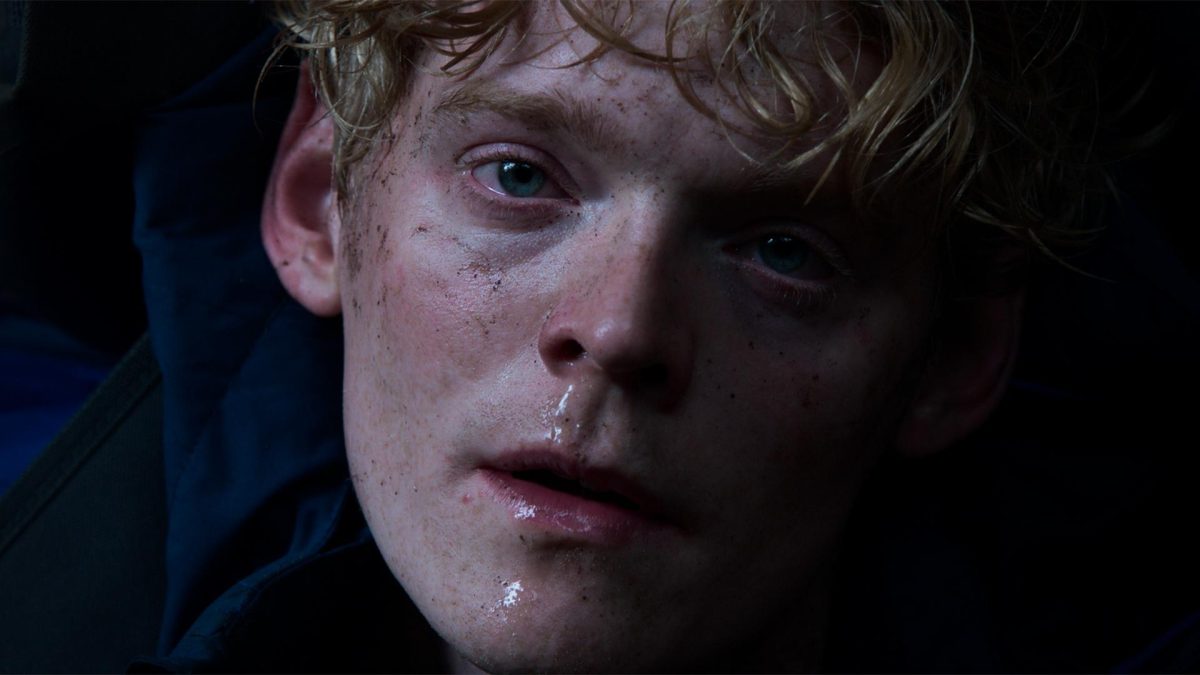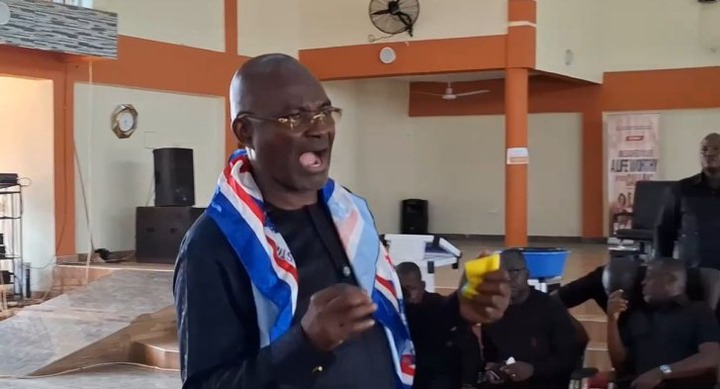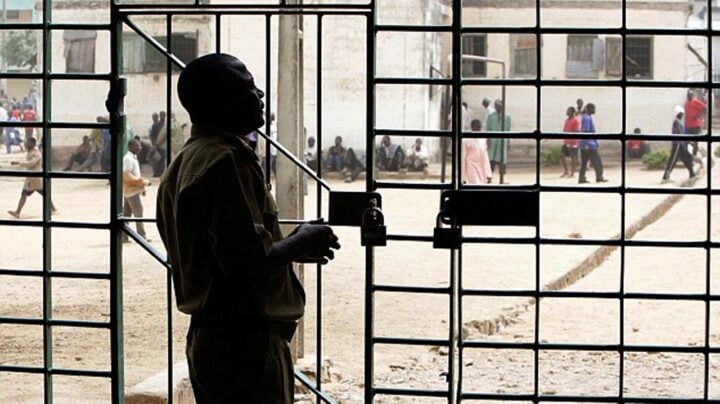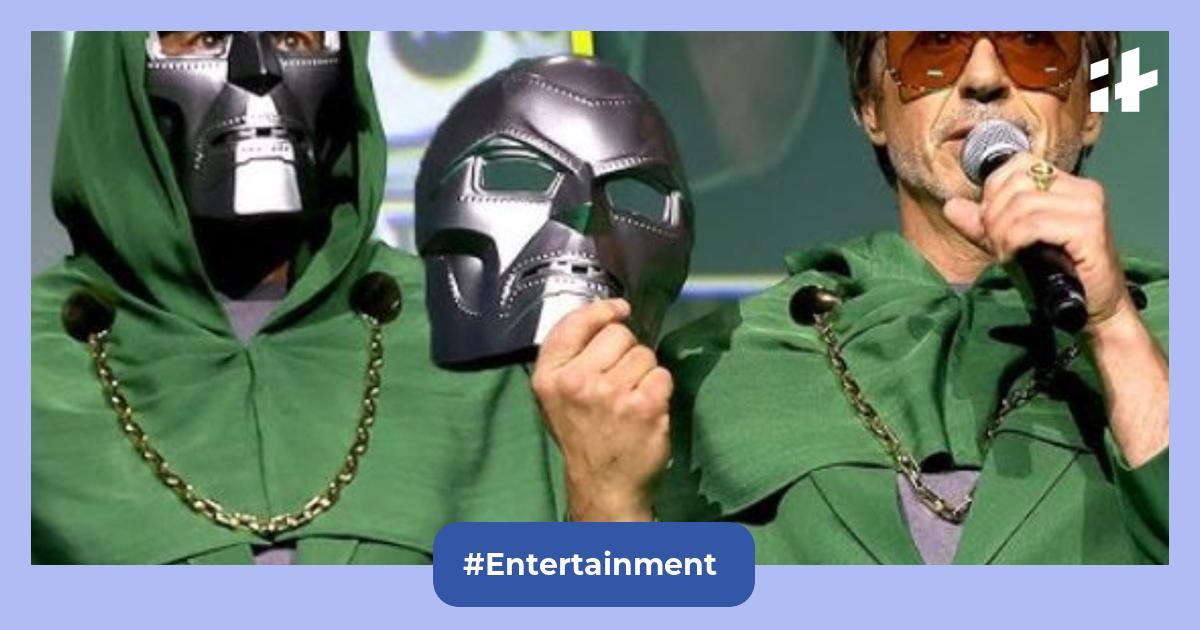David Verbeek’s latest film, “The Wolf, the Fox and the Leopard” (2025), is essentially about human survival in today’s world riddled with ecological crises. The climate is rapidly changing its patterns, leading to unprecedented dangers. Yet, the oligarchs are busy taking over the world, and artificial intelligence is threatening humanity’s future. At a time when everything seems dire, it’s natural to look for someone as humanity’s last hope. What if this ‘last hope’ is not a human at all? How would they interpret human nature? And will adapting to the ways of our world secure their future? “The Wolf, the Fox and the Leopard” asks these questions through the eyes of a feral girl (Jessica Reynolds) who returns to the human world by accident.
The girl lives in the wild with a pack of wolves. She walks on her four limbs and acts like them. It seems like she has never stepped foot in a human society, but the script doesn’t address that part of her identity, nor does it reveal anything specific about her past. Instead, it implores us to understand what it’s like to see the world through her eyes. From a world that lives by an eat-or-get-eaten survival discipline, she is thrust into the cold harshness of the well-mannered world. That’s where she joins her species, but feels isolated and distant from them. Her feral nature limits her from understanding or imbuing any warmth.
At first, she is brought into a lab to decode her behavior and to find ways to get her to acclimate to her new world. Suddenly, she finds herself on an offshore oil rig with only two living beings around her. They become her father (Nicholas Pinnock) and mother (Marie Jung) as she slowly learns how humans lead their lives. They call her One, deeming her to be the only hope for humanity while the world is past redemption with the rampant crises. She learns their language and their life philosophies and gets infatuated with their presence.
Eventually, Alice sees the world in a new light. Unlike the isolation of her parents’ oil rig, she experiences the cold monotony of urban landscapes. While there, she gets used to the regularity of her life as a cash counter clerk, but seems far from satisfied. She does her job with a calculated and unnerving calmness. This is where she feels the closest to the human herd that works solely because they won’t be able to survive otherwise. Much like the usual orderly employees, she is detached from her job, but there’s something different about her. It’s the imposition of being a human rather than a prerequisite that separates her from those who look and speak like her.

Written and directed by David Verbeek, the film is primarily about what it’s like to be human. However, it doesn’t take the conventional awe-inspiring way to look at their endless potential, but an indictment of their gluttony. The script scrutinizes humans for their ruthless, manipulative, and exploitative nature as Alice experiences it like a newborn child. From the very beginning, the film makes a clear case for growing skepticism among the younger generation, who see no hope in the future. It shows a young man speaking about his education, which seems futile with the looming threat of AI snatching away their will and their means to survive.
Yet, Alice is thrown into the same world against her will. She is posited as the one who can help with her outlook to envision a better future. Much of that hope is just a projection of everyone else’s sheer hopelessness. In a world where she doesn’t have an identity, others decide it for her. The film invites these dystopian undertones in her fairy tale, further highlighted by its stunning camerawork. Frank van den Eeden’s framing choices are clever, intentional, and precise to evoke what she feels at any given moment. In fact, a lot of the film’s emotional impact lies on his reliable shoulders.
Jessica Reynolds takes it much further with her visceral performance that could have seemed gimmicky in lesser hands. She sincerely portrays Alice’s trauma and heartbreak from being betrayed, manipulated, hurt, or used merely as a specimen for human evolution or a tool. Besides, she strikes a fine balance between Alice’s primal ferocity with her learned and feigned niceness.
Yet, despite all its potent themes, the film falls short in expanding on its evolutionary allegory because it’s too focused on its ideas and too little on fleshing them out with details. The resulting vagueness doesn’t reveal anything beyond the casual understanding of human involvement in the global crisis. Naomi Kawase’s voiceover doesn’t do any great service either. Instead, it dilutes the film’s overall impact by restating the obvious, making even Kawase’s calming voice seem frustrating for the most part. It feels like an odd expositional choice, especially when the visual language and the performances are more than enough to reveal its subtext. So, although a well-intentioned critique of human nature and a cry for help, the film fails to live up to the promise of its implicit allegory.












